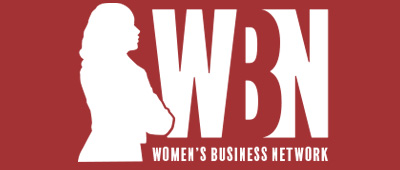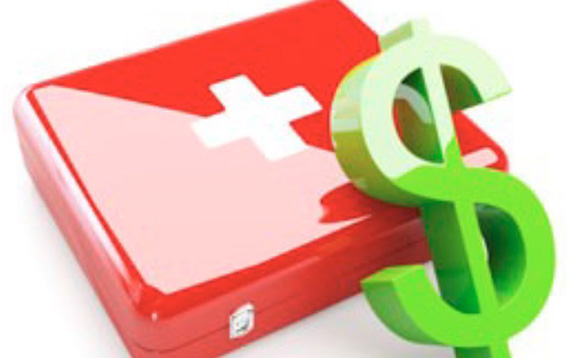The Importance of Building
a Financial Emergency Kit
Submitted by Donna Cheswick—Norwin Chapter
Floods, hurricanes, wildfires, earth-quakes, extreme winds, and tornadoes.
They all have the potential to create treacherous conditions and cause devastation.
We prepare with insurance, but it is often inadequate. It covers many, but not all natural disasters. Flooding requires flood insurance. And a standard homeowners policy won’t cover damages caused if the ground shakes violently. Disaster can strike with little or no warning. Early preparation is the key.
Consider the importance of building a financial emergency kit. The time to create an emergency kit is today, when the skies are blue and the winds are calm.
What do I need?
Consider purchasing a box or safe that is fireproof and waterproof. You can’t guarantee it won’t be damaged during a disaster, but it will go a long way in safeguarding important papers. A safety deposit box is also an option.
Store electronic copies of important documents on a USB drive. Even better, upload them to a password-protected, cloud-based system. And be sure to create a strong password that is unique. Include letters (some caps, some lower case), numbers, and special characters. If two-factor authentication is an option, enable it.
Cash and keys.
Make a duplicate of house keys and auto keys. You may also need cash in the immediate aftermath of a disaster. ATM cards may not work and not everyone is prepared to take a credit card. Still, it wouldn’t hurt to include a duplicate credit card.
Contacts.
Who are the important people in your life–family, friends, medical, and professional. Create a list with telephone numbers, emails, or other contact information.
You may store the information electronically, with the appropriate security precautions, but it’s recommended that you place a paper copy inside your kit.
Identification.
If disaster strikes, you may be asked to confirm your identity to obtain disaster relief services, file insurance claims, or get access to your property and financial assets.
Your kit should contain essential documents, including extra originals or copies of a passport, driver’s license, birth certificate, marriage certificate, adoption records, Social Security card, green card, any military records, and pet ID tags.
These will allow you to establish your identity, the identify of immediate family members, and eliminate the need to replace important ID markers.
Important records.
We have copies of your financials, but this doesn’t preclude you from safe harboring your records.
A short list of financial documents that can fit into your kit includes mortgages, property deeds, and legal documents such as a power of attorney, estate planning, wills, and insurance policies.
Also include recent bank and credit card statements, brokerage accounts records, and statements related to investments that might be held outside a brokerage firm (such as mutual funds or 529 college savings).
If you access accounts or documents online, include a list of password hints. Also, pack recent retirement account statements and your most recent tax return.
A password-protected flash drive or file might be safer than hard copies—as long as you have a way to access the files. If you receive electronic copies of bank and brokerage state-ments, it is advisable to place recent copies in your kit.
What are your valuables?
Create an inventory of your personal belongings. Assemble a paper, photo or video inventory, and put it into your emergency kit.
Be sure to save receipts for major items, home upgrades, or any appraisals of valuable belongings. For your household items, record what’s in each room. For major items, write down serial numbers.
While you’re at it, record the cost. Take closeup pictures of valuables, including details such as serial number tags. You can also videotape your belongings with a narrative description of the relevant information.
If the project seems overwhelming, you may start by tackling one room at a time. If it’s ever needed, it will help you maximize benefits from your insurance policies and expedite the claims process.
Donna is the Owner of Cheswick Divorce Solutions, LLC where she assists divorcing individuals/couples and family law attorneys in Southwestern PA
(Sources: Ready.gov–Financial Preparedness, Finra.org–Lock down your Financial Emergency Kit, IRS: Prepare for Natural Disasters)

